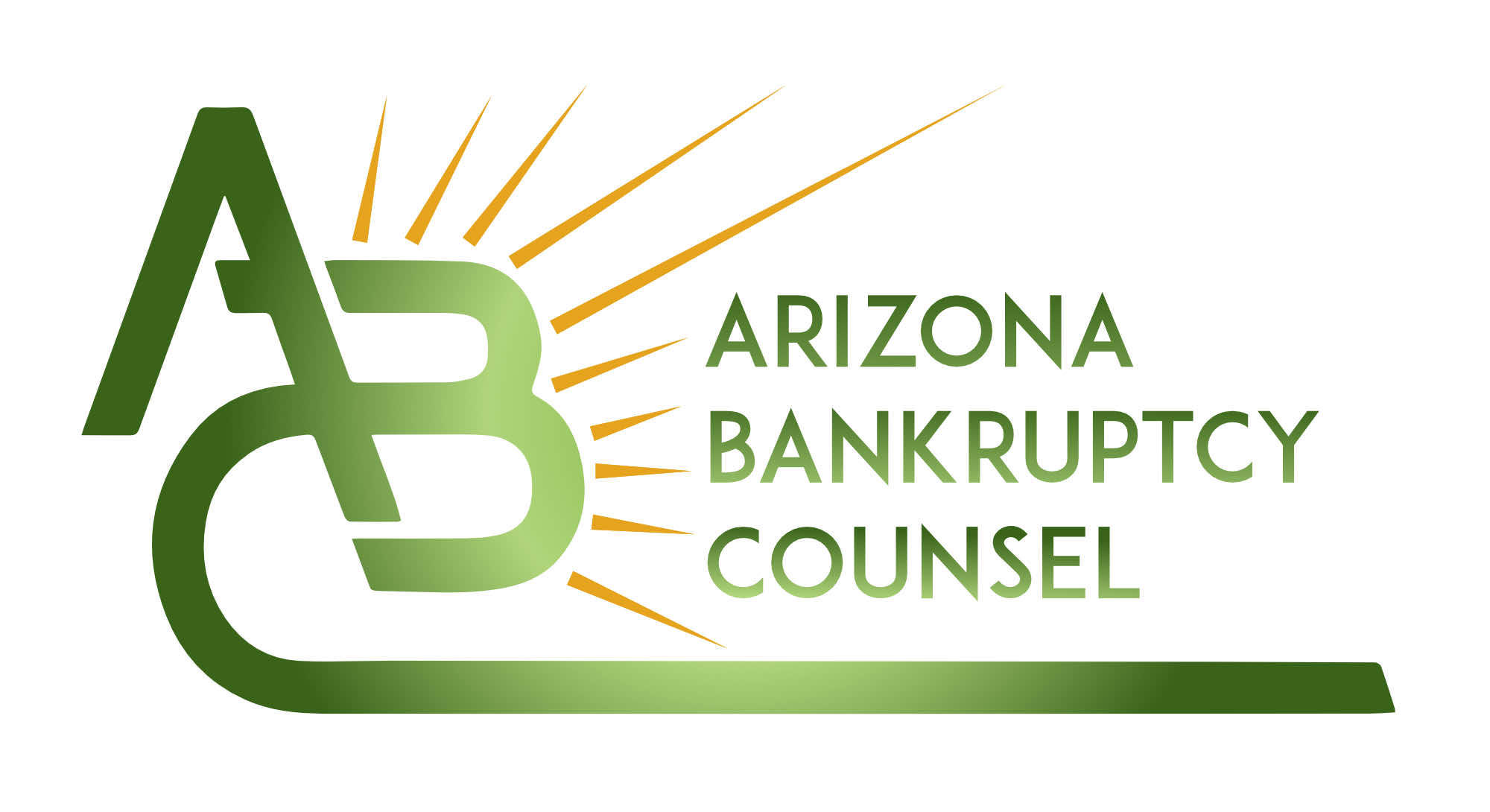Most business owners who consult with me are seeking to keep their business in operation, or to sell their business as a going concern, despite financial setbacks. A chapter 11 bankruptcy case offers them some tools that can assist them, including the following:
- The automatic stay. The filing of a chapter 11 bankruptcy petition operates as an injunction against creditors’ collection efforts. With very few exceptions, the creditors of the business will need to ask the bankruptcy court for permission before beginning or continuing any collection efforts against the debtor or its assets.
- Control of assets. In a chapter 11 bankruptcy case, the debtor remains in possession of its assets. This is different from a chapter 7 case, in which a trustee is appointed and takes control of the assets. This control subject to restrictions imposed by the Bankruptcy Code or by the Bankruptcy Court, notably including a duty to preserve the assets in the best interests of the creditors and interested parties.
- Continuation of business. In a chapter 11 bankruptcy case, a debtor is generally authorized to conduct its business without any special authorization from the Bankruptcy Court. This allows the debtor to generate income and preserve the value of its business as a going concern.
- Reorganization. A debtor filing for chapter 11 bankruptcy protection may propose a plan of reorganization, under which the business continues as a going concern and debts are restructured to match the debt service obligations to the revenue streams. A debtor’s plan may also be seek to eliminate or reduce debt. The Bankruptcy Code imposes a number of requirements on reorganization plans, notably including the consent of at least one class of creditors.
- Sale of assets. The debtor in a chapter 11 bankruptcy case can negotiate a sale of some or all of its assets, subject to approval by the Bankruptcy Court. While a sale may also occur in a chapter 7 case, a debtor in a chapter 11 case may be more familiar with potential buyers, and is able to sell the business as a going concern. A debtor may seek approval for the sale of assets by separate motion, or as part of a reorganization or liquidation plan.
- Cure, assign or reject leases. In a chapter 11 bankruptcy case, a debtor may elect to assume a lease and cure any delinquencies, to assume and assign the lease to a new tenant (often in connection with a sale of assets), or to reject the lease with some limits on rejection damages.
These are some of the reasons a business may choose to file a chapter 11 bankruptcy case.
Please feel free to contact me online, or by phone or email, to discuss whether a chapter 11 bankruptcy is a good fit for your situation and, if so, to identify in advance the cash collateral issues your case may raise.
